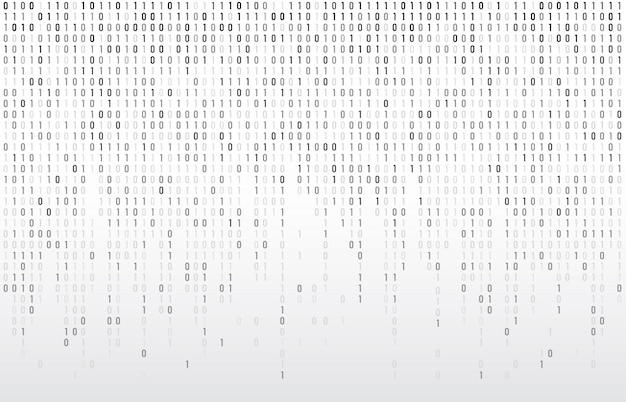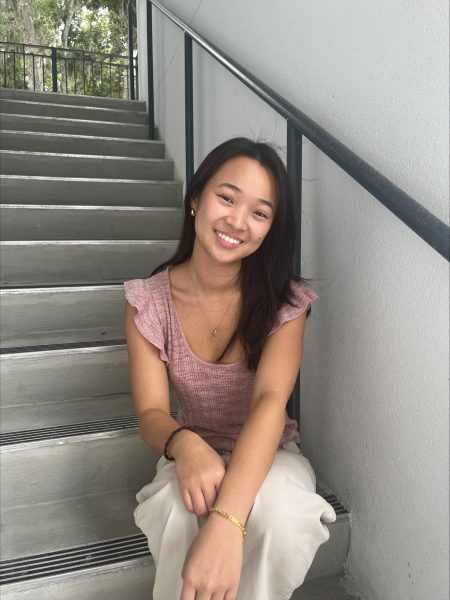A world overrun by machines of our own creation, mechanical beings orchestrating every aspect of life—the idea of robots taking over has manifested in movies for decades, but with the rapid development of Artificial Intelligence (AI) today, it seems our fears have become reality.
“There’s always the joke of, ‘oh, robots are gonna take over the world,’ but if someone were to make a computer think for itself—and we are starting to go towards that direction—that would have severe implications on society,” said Olivia Clontz ‘25.
AI has been around since the mid 1900s, but its use increased with improved accessibility to data and technology in recent years. From chatbots like ChatGPT to programs that help detect malaria or maneuver driverless cars, the role of AI in everyday life has expanded drastically.
With a growing number of programs and uses, the concept of AI is widely disputed, and often seen as a topic of controversy. “AI has a lot of psychological and social implications,” said Eesh Majithia ‘25. “It can replace a lot of jobs that people have, it can replace human creativity. For example, the Writer’s Guild of America ended up saying that AI is good, but it should not replace us. It should compliment us.”
“How do we use AI to help us get jobs done without replacing our thinking?” For Majithia and Clontz, using AI is about creating a balance that improves efficiency without decreasing creativity.
“Especially now in high school, there are already a ton of students that I’m sure are using Chat GPT for essays, writing, math answers…anything,” said Majithia. “It’s important that we guide them on the right track of what to use it for and how it should not be used. We have to make sure everybody understands the importance of it, but how detrimental it could be if we let it get out of hand.”
This year, Clontz and Majithia formed the Cybersecurity and AI Club with the goal of informing students and dispelling the controversy surrounding the topic. To achieve this, they plan to introduce club members to various projects that will teach the basics of coding and how to navigate cybersecurity and AI.
Clontz and Majithia also explained how AI can be helpful in schools, as long as it’s utilized with certain limits. “It’s one thing if some students are using it for the wrong reason, but if you get permission from your teacher—which is very important—to fix wording or check work, it can be more practical.”
Majithia emphasized the importance of maintaining human creativity and ideas. Rather than asking Chat GPT to write entire essays, he can use it to make minor improvements or revisions instead. “As the world transitions towards being completely technology-based we need to maintain our thinking, our human mind, because that’s the most powerful tool we have. We need to make sure we find that balance.”
Mrs. Clubb, English Department Chair at Bolles, agreed that AI can act as a resource if utilized with caution, and encouraged students to employ critical thinking skills to discern the quality of information that AI provides.
A new policy created by the upper school English department this year states that students can ask AI to “rewrite confusing passages at a simpler level,” to “clarify confusing concepts” and to “generate templates,” etc. Essentially, it advises students to “use [AI] as a tool, not as an end result,” according to Clubb.
“I do not think that we can ignore AI. We have to see how to use it and not be fearful or threatened by AI.” Clubb compared the emergence of AI to the rise of the Internet—despite the initial paranoia that surrounded it, the Internet isn’t leaving anytime soon, and neither is AI. “It’s a part of our future and it’s here to stay.”
Clubb, Clontz, and Majithia reiterated the same message: though artificial intelligence can seem threatening, we’ll discover ways to adapt and use it as a resource without replacing our individual thinking.
According to Majithia, aligning with the Bolles motto—pursuing excellence through courage, integrity, and compassion—can be helpful when thinking about how to responsibly use AI.
“Courage, integrity, and compassion. Integrity is probably the most relevant at the school, and that’s when we talk about doing your own thinking for yourself. How do we use AI in a way that we still preserve our integrity?” As we navigate a world where AI has become unavoidable, this is a question we’ll have to answer every day.




